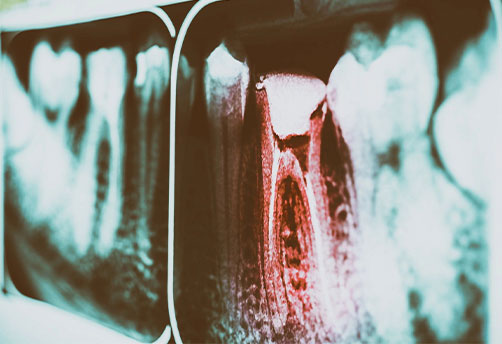

01
Oct
Tips to Help Stop Tooth Decay

“During coronavirus, some of our families had to delay visits to the dentist, and now we are seeing more dental decay,” says Dr. Jamie J. Alexander of Boynton Beach, Florida. “Regular checkups and dental cleanings are essential to prevent and stop tooth decay.”
Just about everyone is at risk of tooth decay. Eating sugar or other carbohydrates causes the bacteria to quickly build a tough and sticky biofilm and to produce acids that corrode tooth enamel. Once decay begins, it will advance unless treated. Twice a year dental checkups and dental cleanings enable us to spot any brewing problem and treat it in a timely manner.
How it Happens
Do you know that dental plaque can begin to build up soon after your dental cleaning even if you are diligent about brushing and flossing your teeth? A recent publication about research results at the University of Pennsylvania reveals more about this on a microscopic level. When scientists examined Streptococcus mutans, a major bacterial species responsible for tooth decay, they found it shields itself under blankets of sugars and other bacteria in a crown-like arrangement, helping it evade antimicrobials.
In our dental practice, there are multiple ways we prevent decay before it happens. Thorough dental cleanings every six months are essential. Some patients with gum inflammation are aided by cleanings every three to four months until it is under control. Some patients prefer this more frequent regimen because they enjoy the smoothness and brightness of their teeth after cleaning, and know they are doing more to maintain a healthy mouth.
Other Ways to Stop Tooth Decay
Other ways we prevent decay are dental sealants on back molars and topical application of fluoride. Childhood is an especially good time to have sealant treatment. Sealants have been shown to reduce the risk of decay by nearly 80% in molars. According to the CDC, “school-age children without sealants have almost three times more cavities than children with sealants.” From school age throughout adulthood, the application of fluoride varnish at the same time as your dental cleaning will strengthen your dental enamel.
Over the counter toothpastes with sodium fluoride will fight bacteria if you brush at least twice a day, but string flossing and water flossing daily is also essential to disrupt biofilm developing between teeth and at the base of teeth at the gum line. We’re happy to recommend an alcohol-free antibacterial mouth rinse and other oral hygiene products we think will make your homecare optimal. We don’t sell the products and do not profit from their sale.
Over the past few years, stannous fluoride toothpaste and mouth rinse products have been reformulated to give consumers the advantage of more effective bacteria elimination with less risk of staining your teeth. Despite this, a conversation with us about whether the use of these is warranted is in your best interest.
The ideal way to treat caries (dental decay) is to remove the decayed enamel and fill the cavity with tooth-colored dental resin, but we do have a relatively new noninvasive approach we can use with young children that have baby teeth. We preventatively apply Fluoride Varnish, an FDA-approved product, directly enamel to stop the caries progression.




